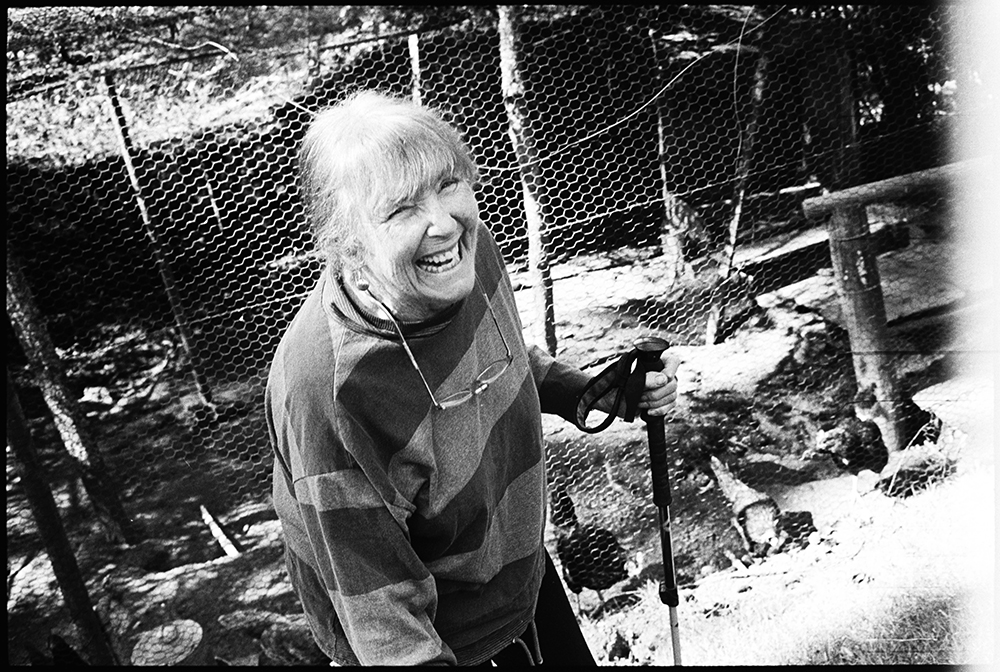On a sunny July afternoon, a 13-year-old girl was lifted out of her wheelchair and eased into a saddle. Her legs, wracked . . .
Halleck Creek founder raises funds for book


On a sunny July afternoon, a 13-year-old girl was lifted out of her wheelchair and eased into a saddle. Her legs, wracked . . .